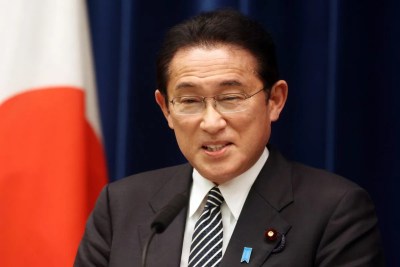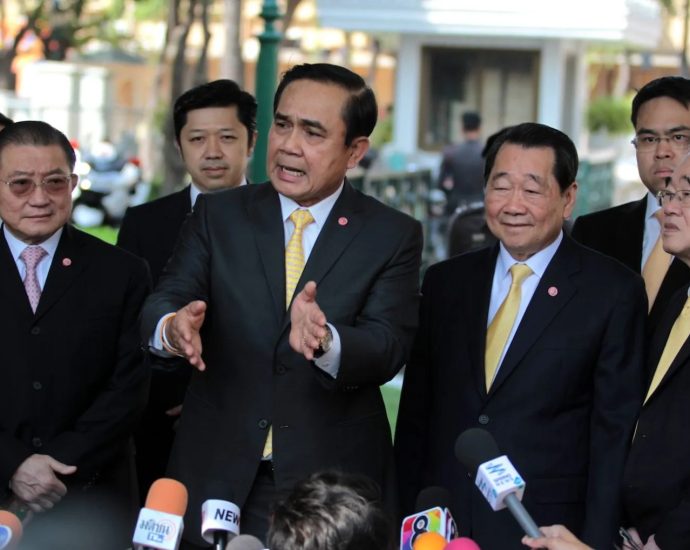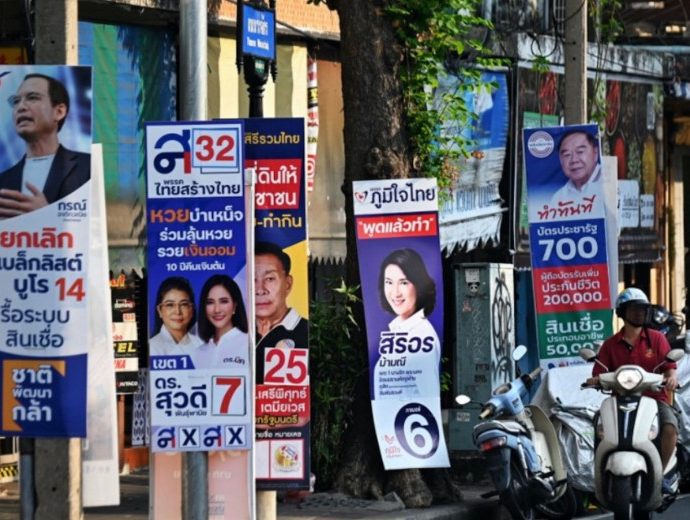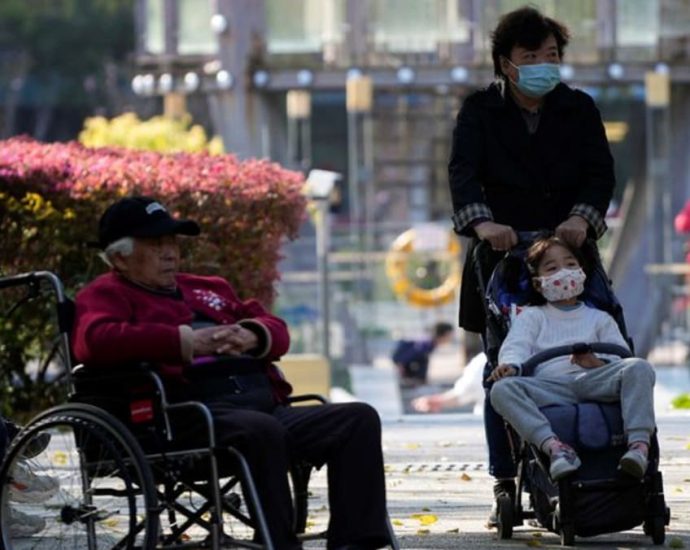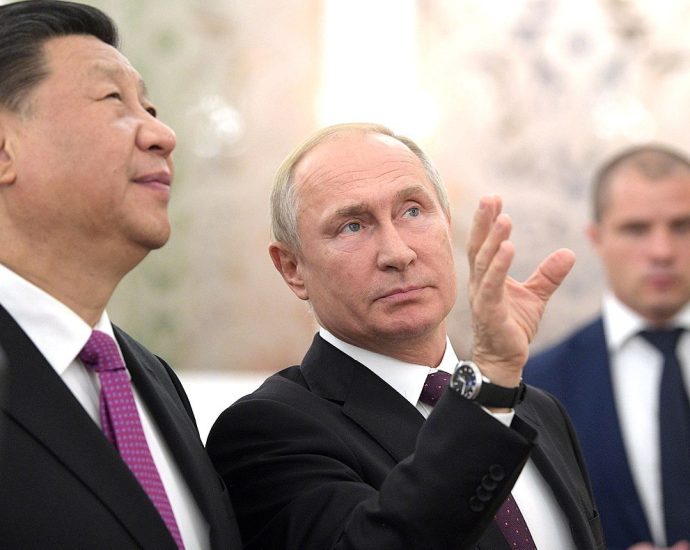Kishida rebooting Abeâs Free and Open Indo-Pacific gambit
On March 20, 2023, Japanese Prime Minister Fumio Kishida chose to unveil his new plan for a “Free and Open Indo-Pacific” (FOIP) in India. Kishida’s decision symbolizes Japan’s policy continuity and unwavering commitment to the FOIP. Tokyo is not reformulating but enhancing its existing notion set forth by former prime minister Shinzo Abe.
Abe first mooted his idea of visualizing the merging of the Indian and Pacific oceans to establish a bond of like-minded countries 15 years ago in India. This basic idea eventually led to the political construction of an “Indo-Pacific” concept and the realization of the FOIP.
It also aims to reassure a wary India that has emphasized the need for “inclusivity” as well as “freedom” and “openness” multiple times. Inclusivity means the inclusion of China. On this, Kishida made clear in his speech, “We do not exclude anyone, we do not create camps and we do not impose values.” The statement was not aimed at New Delhi alone.
Despite closer Chinese-Russian relations, Kishida is choosing to keep the doors open with Beijing by emphasizing “rule-making through dialogue.” He is also making it clear to Washington that Tokyo does not want to see the FOIP becoming a containment policy against Beijing.
Some observers view the new plan as mere window dressing. But the plan goes beyond the initial idea of establishing connectivity across the two oceans and rallying countries to defend the existing international order.
The rule of law, freedom of the seas and democratic values were the main points of emphasis. While these fundamentals remain the bedrock of Japan’s FOIP, the focus is now geared toward securing vulnerable countries in the Global South, particularly those affected by unilateral aggression and debt traps.
Russia’s invasion of Ukraine in 2022 has significantly heightened Japan’s security awareness to the extent of changing its foreign policy approach. The invasion served as a point of departure that provides a new impetus for leadership.
In his speech at the Johns Hopkins University in January 2023, Kishida expressed, “If we let this unilateral change of the status quo by force go unchallenged, it will happen elsewhere in the world, including Asia. It is Japan that must rise to this challenge to take action to defend our freedom and democracy.”

The plan expands to address non-traditional security challenges “in a realistic and practical Indo-Pacific way”, including climate change, disinformation in cyberspace and public health — major concerns that resonate positively with the Global South. The plan identifies Southeast Asia, South Asia and the Pacific Islands as the three key regions.
By broadening the scope beyond territoriality and state security, Kishida makes the FOIP more palatable to ASEAN countries. This is significant when factoring in ASEAN’s decision to issue their own ASEAN Outlook on the Indo-Pacific as a direct response to the FOIP for fear of being sidelined and entangled in great power rivalry.
Tokyo has aided the Pacific Islands in tackling climate change and natural disasters even when Abe was prime minister. But the region is now viewed as pivotal because of how far Beijing has made inroads.
Mihai Sora wrote: “China has been more successful than the United States in convincing Pacific leaders that its interests in the region are broader than shaping the Pacific’s military environment.”
This explains the bigger focus on non-traditional issues demonstrated by Kishida’s new plan, in line with the US-led Partners in the Blue Pacific initiative that coordinates developmental assistance to the region, of which Japan is an integral part.
The plan provides a crucial role for human security to take shape by broadening the FOIP to include bottom-up approaches.
Although the term “human security” is not explicitly mentioned, the phrase “survival, welfare and life with dignity of individual people” in the plan is clearly within its ambit and points to Tokyo’s readiness to define the FOIP beyond the narrow confines of traditional security.
Kishida can re-energize the FOIP because of the groundwork laid by Abe who has worked tirelessly to gain the diplomatic support of the other Quad members, specifically the United States.
The new plan also re-establishes Japan’s leadership role in light of China’s economic clout by emphasizing an “Indo-Pacific way” of cooperation. Providing a clear outline of what it entails is crucial to the development of a sustained political culture where Japan can better exert its influence.

The vigor of Kishida’s new plan will depend on two factors — the support of the Quad members and the wider international community, and public support in domestic politics. The strong solidarity shown against China and Russia at the latest G7 foreign ministers’ meeting in Japan enhances Tokyo’s foreign policy perspective.
Domestically, Kishida may face resistance in terms of funding the plan. He will need to shore up his cabinet approval rating, which currently hovers around 40%. Although the next general election is not slated until 2025, rumors are rife that he may seek a fresh mandate soon considering the favorable results of the April state-wide local and by-elections.
The plan provides insights into how Kishida intends to lead the FOIP ― by expanding the vision to embody practical issues associated with the developing world. The quest is ultimately to wrest control of the liberal international order in the key regions where China has formidable strategic influence.
Benny Teh Cheng Guan is an Associate Professor at the School of Social Sciences, Universiti Sains Malaysia, Penang, and a Japan Foundation Fellow at the Graduate School of Arts and Sciences, The University of Tokyo, Japan.
This article was originally published by East Asia Forum and is republished under a Creative Commons license.

